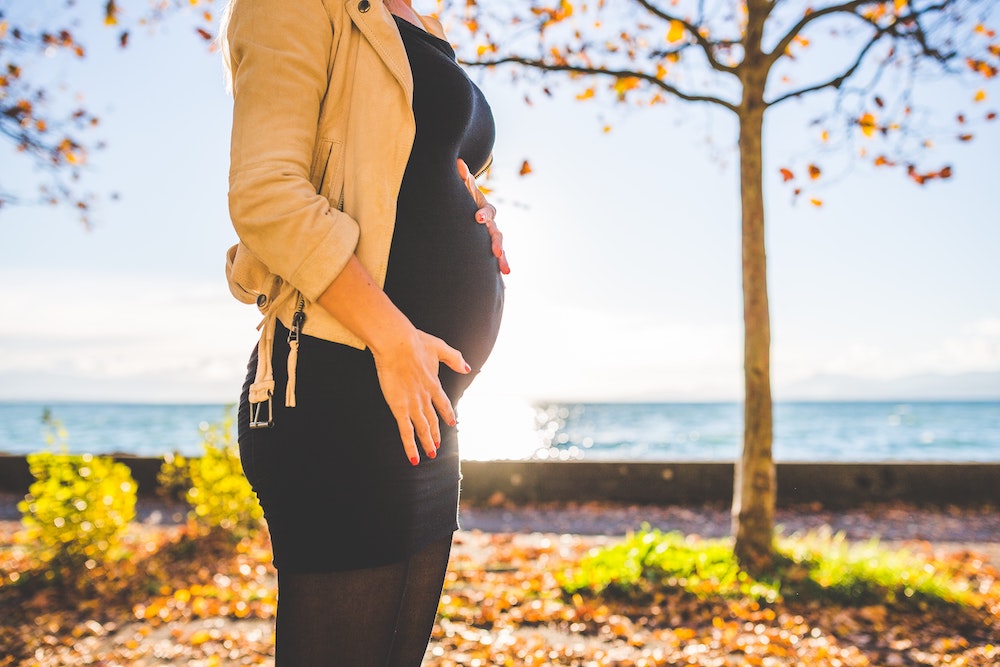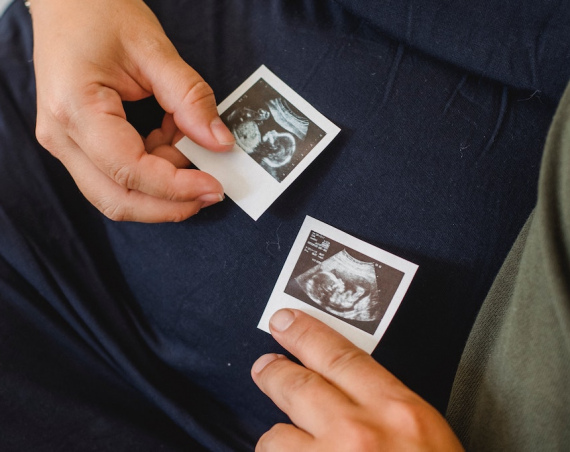
Pregnancy comes with its own perks. The major role-shifting of a woman can take a toll on their life. Motherhood is not easy. Including emotional turmoil like anxiety, restlessness, or excessive urge to eat, there is physiological turmoil. Hot flashes are one of those many physiological turmoils that can wake you up in the middle of the night.
But the question remains whether hot flashes are normal during pregnancy or not. Well, to answer that, we need to dig deeper into the causes and symptoms of it. Here we’ll discuss everything that associates with hot flashes during pregnancy. Read on.
What Are the Early Signs of Pregnancy?
One of the most common misconceptions is that people assume hot flashes as one of the primary symptoms of pregnancy. Yes, it can be a prominent symptom but not a reliable one if it is the only symptom. So, let us discuss some of the early signs of pregnancy for better understanding.
- Sore breast.
- Tiredness and fatigue.
- Emotional imbalance.
- Metallic or sour taste in your mouth.
- Becoming more sensitive towards smells.
- New food cravings.
- Mood swings.
- Constipation and Nausea.
- Increased vaginal discharge.
Are Hot Flashes During Pregnancy Normal?
Well, it is perfectly normal to experience hot flashes during pregnancy. Generally, a pregnant woman’s hormonal level is usually on a roller coaster ride. So, symptoms like mood swings and hot flashes are pretty standard. Studies have found that 30% of pregnant women experience hot flashes, but frequency and intensity usually vary.
During pregnancy, you may face an increased metabolism, drop in estrogen levels, and oscillated hormones. So, it is normal to experience a sudden surge of heat that pulsates through your body. Hot flashes during pregnancy mainly affect your upper body like head, chest, or neck. It generally lasts between 4 to 10 minutes.
Hot flashes are usually common throughout the pregnancy period but their frequency rises after a woman enters 30 weeks. It may occur even after the delivery of the baby because the hormones stay low even after pregnancy. And breastfeeding also keeps the hormones at a lower level. But it generally settles down with time.
Causes of Hot Flashes During Pregnancy
The following are the primary causes of hot flashes during pregnancy.
- Hormonal Changes
Hormonal fluctuations are one of the primary reasons behind the occurrence of hot flashes during pregnancy. The increased production of estrogen and progesterone can trigger hot flashes and their frequency can differ.
- Increment in Blood Flow
A pregnant woman’s blood flow usually increases by 40% when compared to a non-pregnant woman. Since your blood vessels deliver more blood to your skin’s surface, you may feel a little warmer than others.
- Thyroid Related Issues
Thyroid-related issues can also cause hot flashes during pregnancy. Thyroid hormones are responsible for operating your metabolism rate and body temperature. During pregnancy, fluctuations in T3 and T4 thyroid glands are pretty standard.
- Medicinal Side Effects
A pregnant woman needs to follow a lot of prescribed medication. But these medications can have some side effects on the body. Thus, hot flashes and night sweat can trigger.
- Low Blood Sugar Count
Pregnancy generally boosts your metabolism rate, so without adequate calories, your blood sugar count may fall. And low blood sugar can trigger body temperature, thus, hot flashes.
Symptoms of Pregnancy Related Hot Flashes
Hot flashes are a feeling of intense heat that spreads through your upper body. The time frame of a hot flash can occur anywhere between 30secs to 5 minutes. It usually starts from the neck or head and then spreads.
But just like other pregnancy symptoms, the frequency and severity of hot flashes also vary from person to person. For example, it can also start from your lower body. And a pregnant woman can also expect a shorter or a longer span of hot flashes.
Measures to Deal with Hot Flashes During Pregnancy
Well, in order to deal with hot flashes, you need to keep yourself cool. But keeping yourself cool during pregnancy is a little taxing. You have to protect yourself and the baby from heat mainly by avoiding hot temperatures. So, here are a few measures to help you deal with hot flashes during pregnancy.
- Keep yourself hydrated. Always carry a bottle of water wherever you go.
- Try avoiding kitchen works mainly during summer days.
- Do not exercise in closed rooms and avoid hot yoga.
- Keep your bedroom environment as cool as possible. Use your air-conditioner or regular fan to beat the heat.
- Try to wear loose clothing during pregnancy. Use natural fibers as they let you breathe more than synthetic fibers.
- Apply cold and fresh water on your face and neck to stay refreshed. You can also take cold water to bathe.
- You can also go for a relaxing massage to treat your muscle pains and cramps.
Do Hot Flashes During Pregnancy Affect the Baby?
Many medical studies found heat stress can create troubles in developing the spinal cord and bones of a baby. But fortunately, hot flashes cannot raise that kind of heat even during pregnancy.
If your body temperature remains constant at 102°F for 10 mins, it can create problems in the fetus. Generally, overheating during your first period of pregnancy can lead to miscarriage.
So, hot flashes are not dangerous for your baby, but a high fever can create problems.
When Pregnancy Related Hot Flashes Stop
A woman can experience hot flashes for a few weeks or throughout her pregnancy. It can even continue after your child is born. The severity and intensity of hot flashes usually vary. The average time frame of a hot flash is somewhat between 30secs to 5 mins.
In most cases, women who breastfeed their child still suffer from hot flashes. It happens because the hormonal level remains low. But hot flashes generally settle down after few weeks of your child’s birth. So, hot flashes can set in during the first trimester and can last till the initial three months of maternity.
Conclusion
So, yes, hot flashes are pretty common and normal during pregnancy. Although it doesn’t appear as the primary sign of early pregnancy, it is pretty prominent. With simple relief measures and lifestyle changes, you can deal with the sudden uncomfortable heat flow that hot flashes create.



